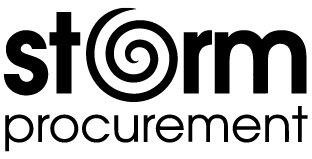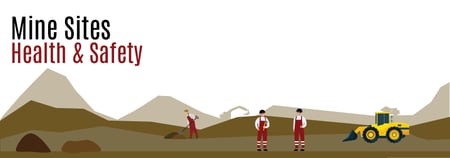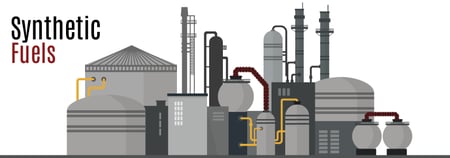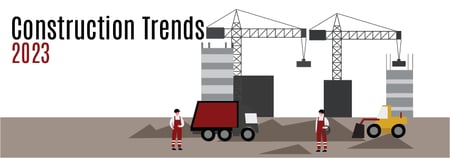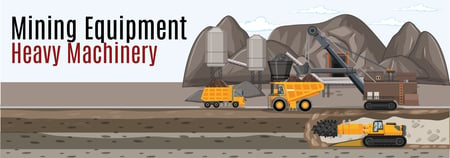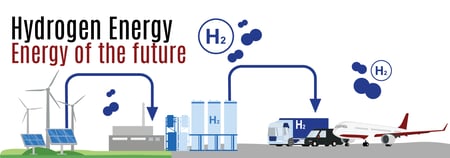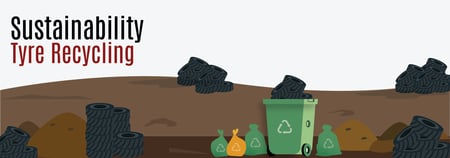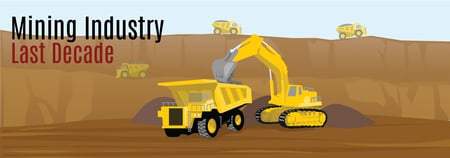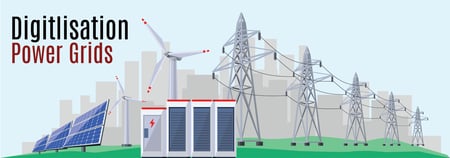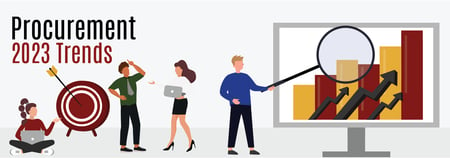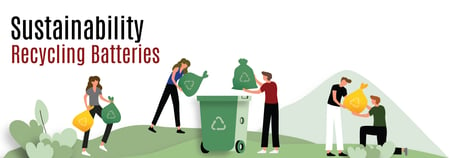Mining can be a dangerous industry to work in, which is why it is crucial for everyone who is on site to be aware of any hazards. Workers should also use the correct equipment and wear protective clothing to keep safe. In this week’s blog we’re exploring the measures that are.
News
- Home
- News
As we continue to explore more sustainable alternatives for fuel, we thought this week we would explore synthetic fuels and the progress the energy industry is going to make progressive, bold choices.
The construction industry, just like most other industries is adapting and considering making necessary changes to keep up with current trends as and when they emerge. Advancements in technology are gradually influencing the methods in which day to day operations run.
On a mine site you will find a variety of equipment that ensures the process runs smoothly. There are different mining operations that require specific mining techniques to efficiently extract the minerals, this impacts the types of equipment they require.
Hydrogen consists of a positively charged nucleus and a negatively charged electron, with the lowest atomic weight of any element. Under normal conditions, hydrogen is a colourless and odourless gas. So, what is a hydrogen energy you may ask.
We have previously discussed the methods being undertaken to increase sustainability within the industry. How we can work together and make use of resources we already have, before creating new products. Tyres and rubber tracks are widely used in the mining industry, so we know.
We have been mining since prehistoric times, earliest records show the oldest known mine is the Ngwenya Mine in Eswatini (Swaziland), dating back to around 43,000 years ago. We have extracted valuable minerals and metal resources from the earth to use for many different purposes.
The world is working towards a greener future, one of the methods undertaken to achieve this within the energy sector is the digitalisation of power grids, with a focus to both increase efficiency and reduce carbon emissions by 2030.
Last year we posted a blog to review the procurement trends of 2022, now that we’re halfway through 2023, it’s a great time to reflect on this year’s trends.
This generation is more aware than any before, of the importance, of working towards a more sustainable future. We have a greater understanding of the choices we make and the impact this has on the environment. Greener, more environmentally friendly options are being encouraged.
Categories
Search
